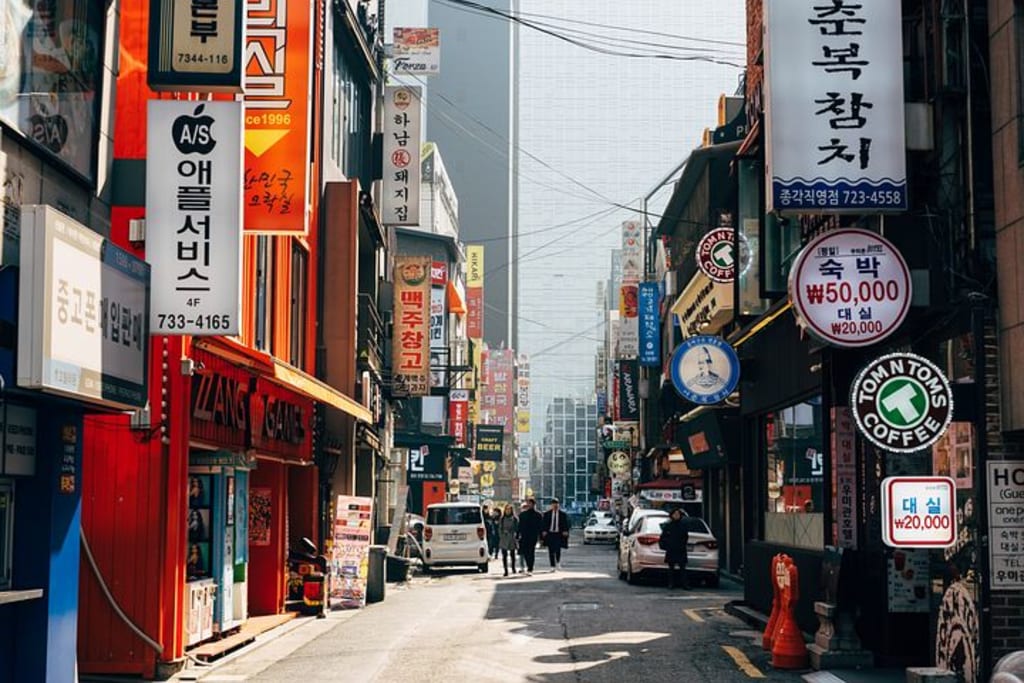
South Korea has experienced its fair share of crises over the years, from economic collapses to political scandals. However, one of the most significant crises in recent memory was the Sewol ferry disaster, which took place on April 16, 2014.
The Sewol ferry was carrying 476 passengers, mostly high school students, from Incheon to Jeju Island when it sank off the southwestern coast of South Korea. Only 172 people were rescued, and 304 were confirmed dead, with 9 still missing.
The tragedy sparked a national outpouring of grief and anger, as well as a crisis of confidence in the government and the country's institutions. It quickly became apparent that the disaster was not simply a tragic accident but the result of a series of errors and misjudgments that could have been prevented.
The ferry was owned by a company called Chonghaejin Marine, which was run by a wealthy businessman named Yoo Byung-eun. Yoo and his family were later found to have engaged in a range of illegal activities, including embezzlement and tax evasion. The company had a history of safety violations and had been repeatedly warned about the ferry's stability and cargo capacity.
The captain of the ferry, Lee Joon-seok, and several of his crew members were later found to have abandoned the ship before ensuring that all passengers were safely evacuated. They were eventually charged with homicide, along with several other officials and executives from Chonghaejin Marine.
The government's response to the disaster was widely criticized for being slow and ineffective. President Park Geun-hye faced significant public backlash for her handling of the crisis, which many felt was too little, too late. There were accusations of corruption and incompetence within the government and regulatory agencies, which had failed to properly enforce safety regulations and prevent the disaster.
In the months following the Sewol ferry disaster, there were widespread protests and calls for accountability and reform. Many South Koreans felt that their country was in the midst of a crisis of leadership and morality, with widespread corruption and disregard for the lives of ordinary citizens.
The tragedy also had a significant impact on South Korean society and culture. It sparked a wave of introspection and soul-searching, with many people questioning the values and priorities of their society. There were renewed calls for greater transparency, accountability, and social responsibility, as well as a renewed focus on safety and the well-being of all citizens.
The Sewol ferry disaster remains a painful and tragic chapter in South Korea's history, but it has also been a catalyst for change and reform. In the years since the disaster, there have been significant efforts to improve safety regulations and oversight, as well as to hold those responsible for the tragedy accountable.
There has also been a growing recognition of the importance of civic engagement and the power of ordinary citizens to effect change. The families of the Sewol victims, in particular, have become a powerful force for reform and justice, organizing protests and advocating for greater transparency and accountability.
Despite the ongoing challenges and setbacks, South Korea has shown resilience and determination in the face of crisis. The Sewol ferry disaster was a painful reminder of the dangers of complacency and corruption, but it has also been a catalyst for positive change and a renewed commitment to the values that make South Korea a vibrant and dynamic society.
As the country continues to grapple with new challenges and crises, it will be important to draw on the lessons learned from the Sewol ferry disaster and to remain vigilant and proactive in addressing issues of safety, transparency, and social responsibility. Only by working together and holding ourselves and our leaders accountable can we build a stronger, more resilient South Korea for future generations.
About the Creator
Enjoyed the story? Support the Creator.
Subscribe for free to receive all their stories in your feed. You could also pledge your support or give them a one-off tip, letting them know you appreciate their work.





Comments
There are no comments for this story
Be the first to respond and start the conversation.